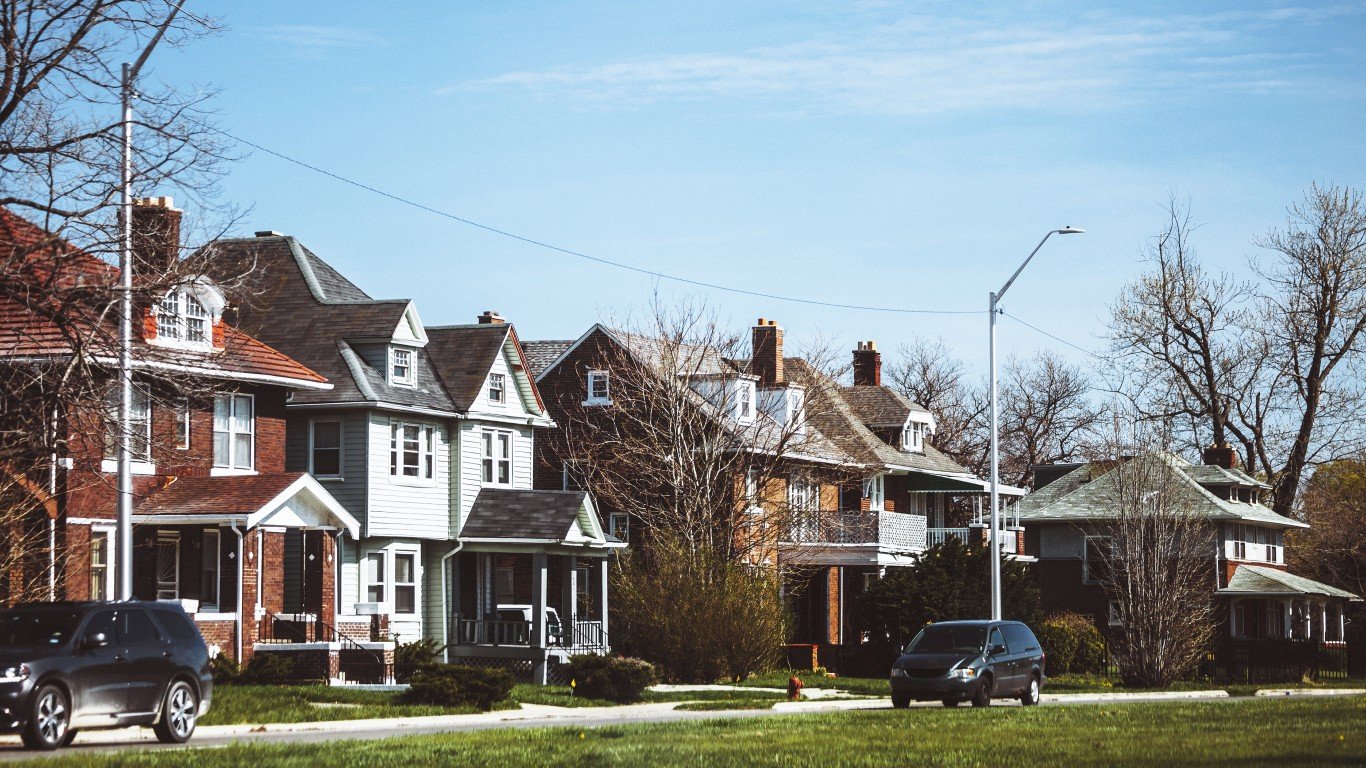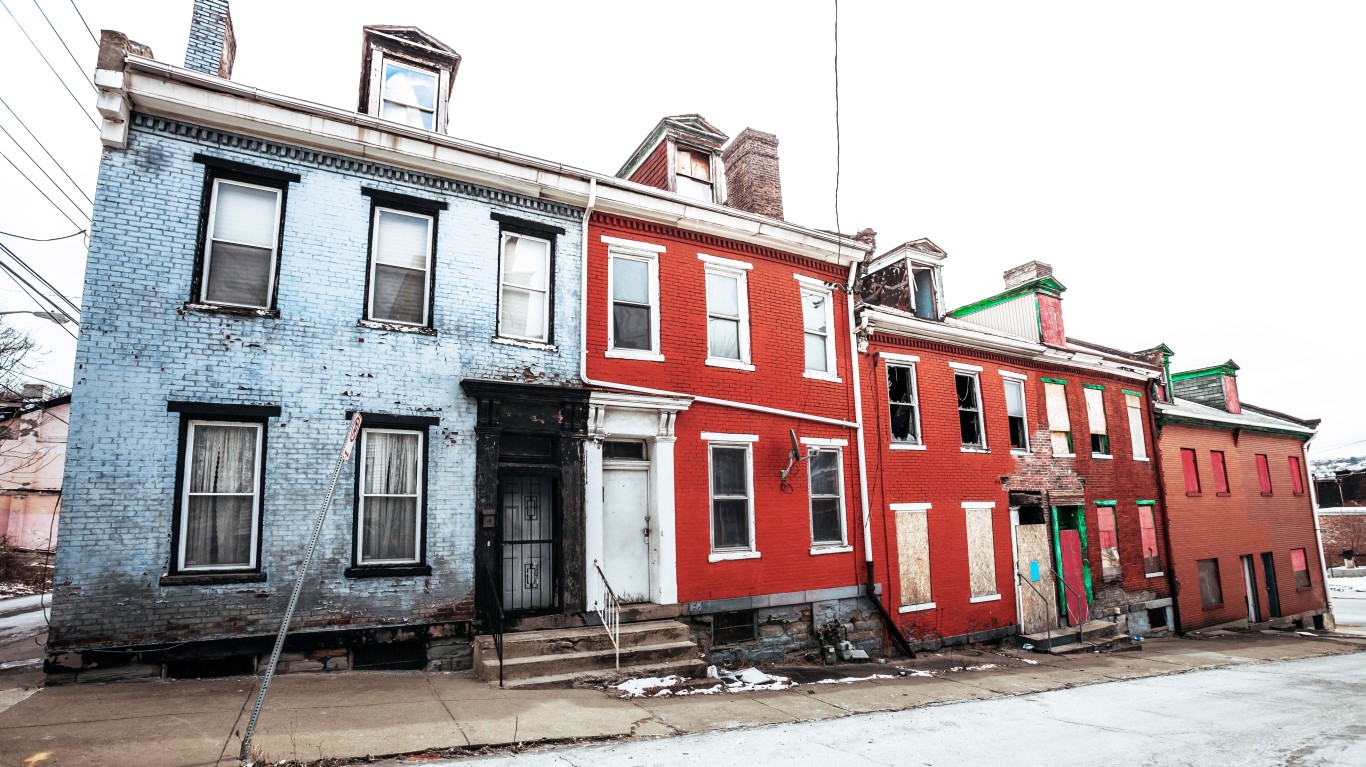A recent report on foreclosure abuses in San Francisco has dimmed the excitement of a settlement of foreclosure abuses among banks, the federal government and state attorneys general. The amount of that agreement will cost the banks — Bank of America (NYSE: BAC), JP Morgan Chase (NYSE: JPM), Wells Fargo (NYSE: WFC), Citigroup (NYSE: C) and Ally Financial — $25 billion, some of which will go to people who lost their homes. Other amounts will go to support people who are in default but are “financially responsible” as individuals. But the agreement is almost certainly incomplete because the improper foreclosure problem is larger than the bank settlement tells. It can only be entirely solved if hundreds of thousands of individual foreclosures are reviewed one by one. Source: Flickr, Images of Money
Source: Flickr, Images of Money
Reuters reports that the San Francisco problem is really an example of a national one. “The audit in San Francisco is the most detailed and comprehensive that has been done — but it’s likely those numbers are comparable nationally,” Diane Thompson, an attorney at the National Consumer Law Center, told the news service. The problems of robosigning and faulty documentation will need to be examined again despite the huge bank settlement terms. The San Francisco data shows that.
There were 1.4 million homes in the foreclosed residential house pool at the end of last year, according to research firm Corelogic. Many experts put the number higher than that because of shadow inventory, which are homes held by banks that have been foreclosed on but are not yet up for sale. The effects of foreclosures go well beyond how these homes might be sold. A foreclosed home affects the value of homes around it because that home is likely to be sold below market. Many of the foreclosed homes receive no upkeep. Federal officials such as Ben Bernanke want to see renters in these homes, but the logistics of that process would be a nightmare.
The number of foreclosures is into the seven figures since the housing crisis began, and there is no systematic way to tell which of them were done properly. That means abuses would need to be discovered by a review of all of them. That would take months, if not years, even if federal officials and banks worked hand in hand. Congress and the administration are unlikely to provide funds for such a large undertaking, which means it will not happen. Tens of thousand of people who were foreclosed on unfairly or illegally will never have any recourse because there in no way to uncover the abuse case by case.
Douglas A. McIntyre
Sponsored: Attention Savvy Investors: Speak to 3 Financial Experts – FREE
Ever wanted an extra set of eyes on an investment you’re considering? Now you can speak with up to 3 financial experts in your area for FREE. By simply
clicking here you can begin to match with financial professionals who can help guide you through the financial decisions you’re making. And the best part? The first conversation with them is free.
Click here to match with up to 3 financial pros who would be excited to help you make financial decisions.
Thank you for reading! Have some feedback for us?
Contact the 24/7 Wall St. editorial team.



